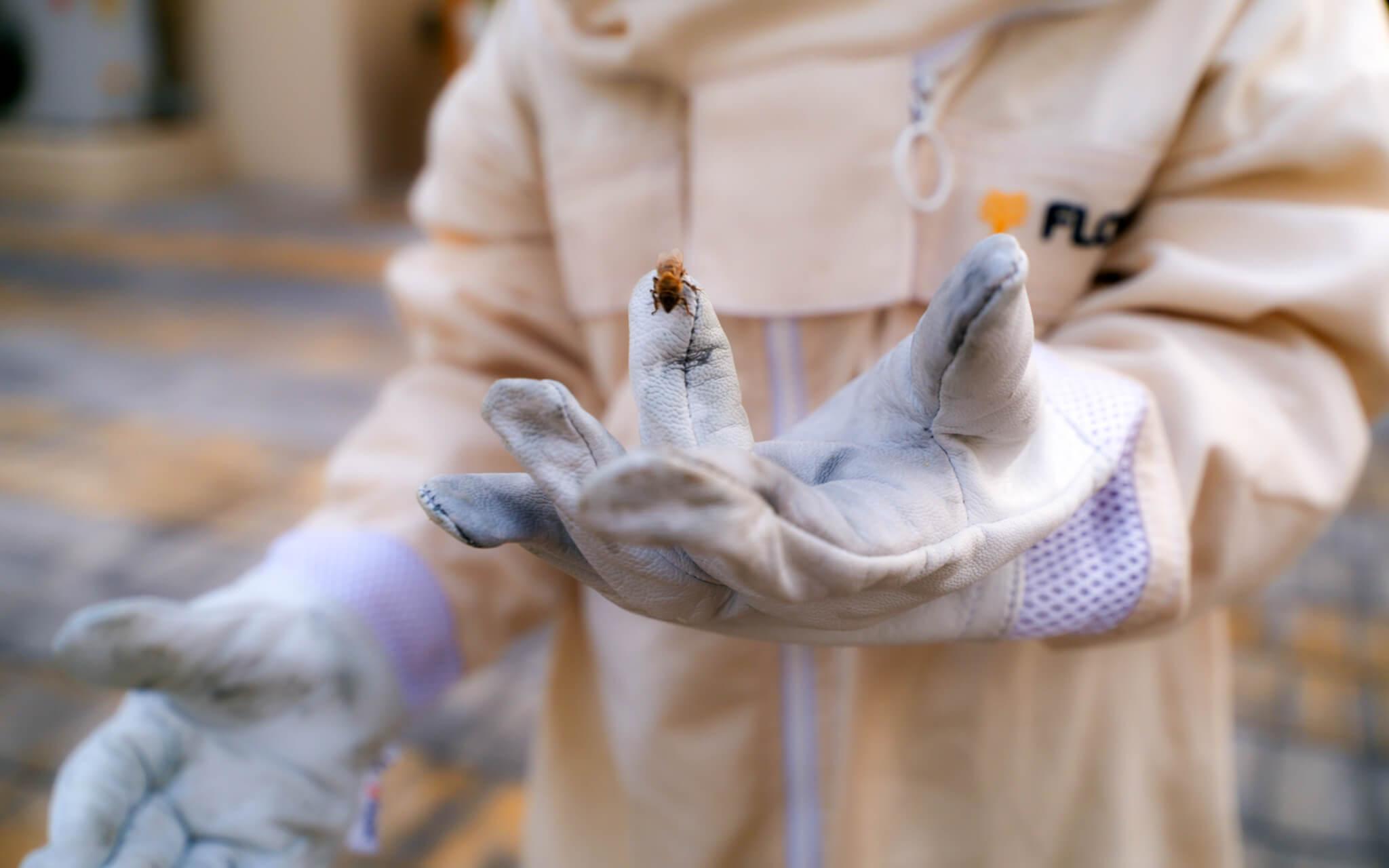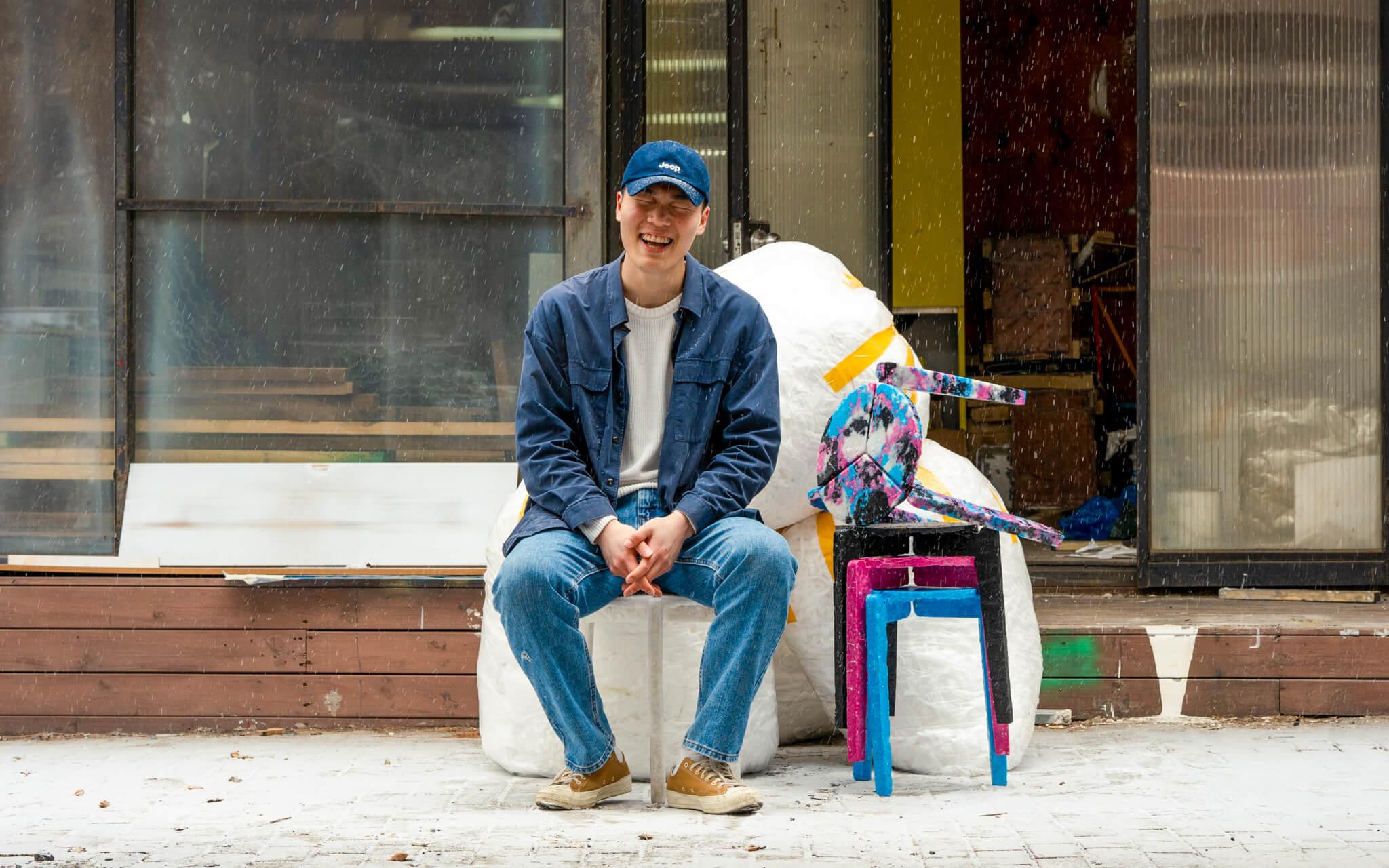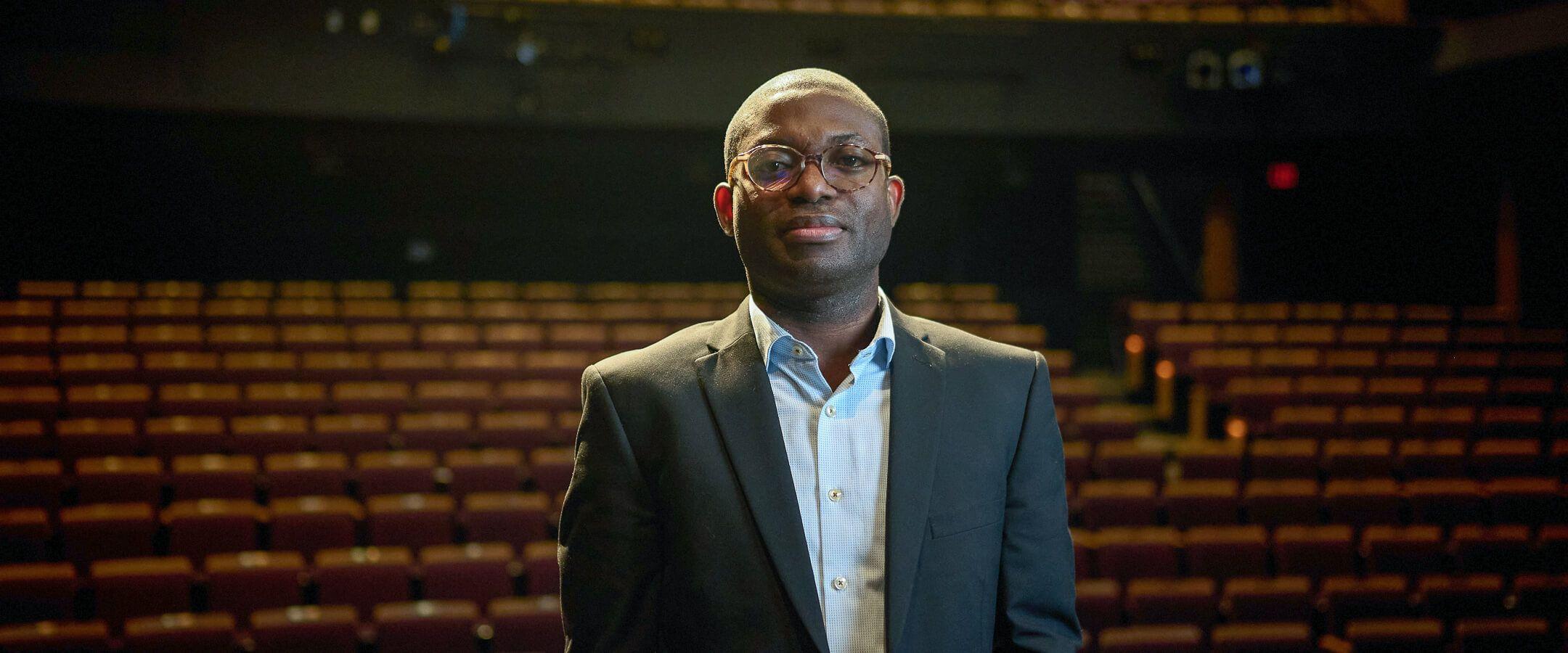An Appetite for Sustainable Dining
Spanish chef and restauranteur Albert Franch Sunyer has revolutionised fine dining in Helsinki with his zero-waste restaurant, Nolla.
Albert Franch Sunyer is happy to keep the starched white tablecloths of the fine-dining world, but the food waste and carbon emissions have got to go.
Raised in a small Spanish mining town, Sunyer witnessed first-hand the devastating effects industry can have on the environment. "I felt responsible and wanted to speak against things that felt wrong,” Sunyer reflects, “This is when I started seeing things more critically, with eyes that wanted to find solutions.”
Today, Sunyer's ability to find solutions plays a pivotal role in the day-to-day running of Nolla - the world’s first fine-dining sustainable restaurant. The young chef and restauranteur has pioneered zero-waste dining, standing at the forefront of the industry’s environmental awakening.
Founded in 2019, Nolla’s cuisine reflects its creators' origins whilst taking full advantage of Helsinki’s bold ingredients – taste is always paramount. “We just make food that we want to serve,” Sunyer says.


Describing his journey to a career in the food industry, Sunyer recalls the importance of food as a means of connection. “Cooking was something that was very present. All my life at home, the moments of happiness I recall are sitting around the table with family or friends.” Initially a biology student, Sunyer could no longer ignore his simmering passion for cooking. His career took him to Spain and Thailand before landing in Helsinki, Finland, where he met Luka Balac and Carlos Heriques, eventual friends, business partners and food ‘brothers.’
Their shared mission? A sustainable, zero-waste restaurant. “In Finland, no one was talking about this concept. There was talk of organic produce and how to reuse certain things, but as a holistic idea of the whole restaurant - it was something we had never heard before!”
Today, Nolla functions on a three-pillar philosophy, which uplifts sustainability at every stage of the process.
First, ingredients are sourced intentionally, and every possible part of the item is utilised. “Maximisation of the ingredient is key,” says Sunyer. “We need to talk about what I call ‘invisible waste.’ Think of energy, water usage, and transportation - Sometimes we forget what we cannot see.”
Second, the reliance on single-use packaging used to transport and store produce is severed completely. “Cling film! Why do we need cling film? You can buy covers you can reuse forever! I mean, does it make sense?” Sunyer questions.
The third pillar diverts all unused scraps to maximise value. Food waste is processed through the on-site digester, glasses are made from recycled bottles, napkins come from factory offcuts, uniforms from discarded bed linen, and the cutlery is second-hand.
Adhering to these philosophies has allowed Sunyer and his team to include others in the Helsinki restaurant community. “We find out what other businesses are wasting and what we can use as ingredients. For example, the aquafaba we use is from a Lebanese place down the street, and our bars and restaurants use skins from oranges, lemons, and limes from a local juice bar.”
But it’s Nolla’s aerobic digester that stands as a prime example of sustainable circular systems. Farmers collect compost from the digester and reuse it as cattle bedding. After that, that same compost becomes fertiliser for growing seasonal vegetables, a completely contained cycle. “It's cool that something you would normally throw away still has another two uses,” Sunyer muses.
Yet, for all his remarkable efforts to minimise waste, Sunyer dodges the spotlight. “I’m not the star.” He reiterates that the quality of the food and the diners' experience take centre stage at Nolla, not the sustainability specifics.
Question every step you’re taking, and maybe you will get results you never thought possible.
Despite all the stresses of running a zero-waste restaurant, Sunyer believes sustainability should be the standard. “I hope one day this is not the exception anymore. There aren’t just a few places around the world trying to do something different.” Sunyer envisions zero-waste restaurants feeling just as comfortably familiar as conventional options.
And Sunyer recognises that young chefs might need some help to learn the ins and outs of an already competitive industry; as part of his commitment to normalising sustainability, Sunyer eagerly assists other restaurateurs interested in Nolla’s framework. “I understand that not everyone can work the way Nolla works,” Sunyer says. “But I think we can share practices. We can show other restaurants, even if they are different than Nolla, they can still operate responsibly.”
Though Nolla has been wildly successful, winning multiple awards, including a Michelin Green Star, Sunyer remains open about the need for improvement, “We're not always perfect, not even close, but we always aim to minimise waste further. Sometimes that’s hard because it doesn't always depend 100% on you.”
Even with the usual setbacks and challenges, the team at Nolla roll up their sleeves and lead by example.
For those who want to build sustainable food habits, Sunyer suggests starting where change often germinates best – in our own kitchens. Seek out community eateries and food stores that ease packaging and food miles and, of course, rethink impulse purchases. “That's a tip from my mom! Don't shop if you're hungry; you’ll buy things you’ll never use.”
His final piece of advice, though? Avoid patterns of using ingredients in the same old ways. “Question everything,” Sunyer says. “Question every step you’re taking, and maybe you will get results you never thought possible.”
Most Popular
The Climate Tribe delivers stories about Biodiversity and Conservation, Circular Economy, Food and Water , and how they intersect with climate.
Subscribe
Get the latest stories inspiring climate action around the globe straight to your inbox.






